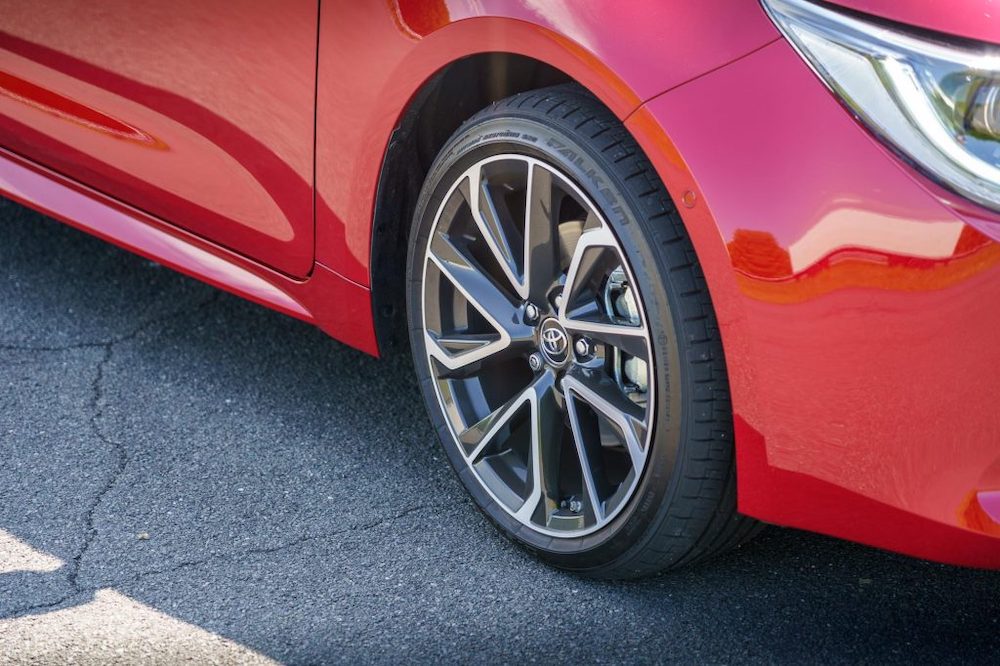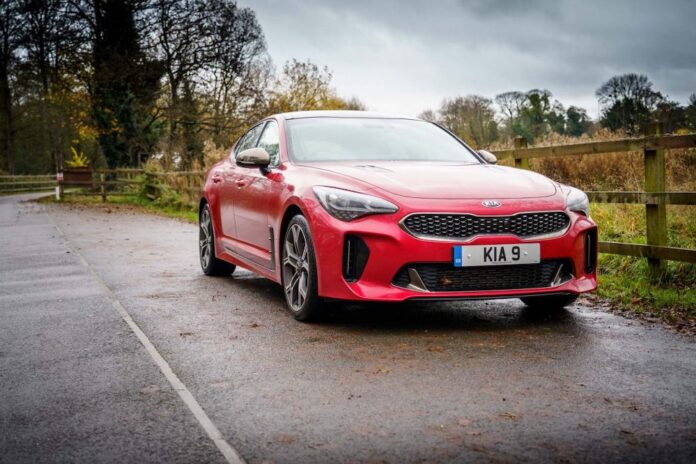There are a lot of car finance plans to choose from, so it can be tricky to know which one is right for you. Personal Contract Purchase (PCP) and Hire Purchase (HP) are two of the most popular methods of car financing. They can both help you get behind the wheel of a new or used car, but they work differently and are appropriate for different buyers. In this article, we explore the differences between these plans and help you decide what plan is best suited for your financial goals and lifestyle.
What is Personal Contract Purchase (PCP)?
Personal Contract Purchase (PCP) is a flexible finance plan that lets buyers pay less per month than traditional finance plans. PCP means you don’t get the car at the end of the contract unless you pay a final balloon payment, the Guaranteed Minimum Future Value (GMFV). At the beginning of the agreement, the car’s projected depreciation is used to calculate this payment.
How PCP Works
With PCP, you pay an initial deposit followed by monthly payments over a fixed term, usually between two and four years. At the end of the agreement, you have three choices: return the car, trade it in for another vehicle, or pay the final GMFV to keep the car.
Benefits of PCP
PCP is a popular option for those who want to get a new car with lower monthly payments without paying such high upfront costs. This plan also works for those who don’t necessarily want to own a car outright. Furthermore, you can upgrade to a new vehicle more frequently.
Drawbacks of PCP
The biggest drawback is that you don’t own the car at the end of the term. You will have to make a big final payment to keep the car. On top of that, you’re restricted by mileage limits, and any damage beyond normal wear and tear could cost you extra.
What is Hire Purchase (HP)?
HP is a simple form of finance for those who wish to eventually own their cars. Under this agreement, you pay a deposit and you make fixed monthly payments until the full cost of the car is paid.
How HP Works
Once you make an initial deposit, you pay off the rest of the car over a time period. After you make all the payments, you own the vehicle. There’s no final balloon payment like PCP, and no mileage restrictions.

Benefits of HP
With HP, it’s clear: you own the car when the contract ends, you don’t have mileage limits, and you won’t be charged excess for wear and tear. If you’re planning on keeping your car for a long time, this option often works out better for buyers who don’t want to get locked into another finance agreement in the near future.
Drawbacks of HP
Monthly payments for HP are usually higher than with PCP. Each installment is higher because the cost of the car is spread out over fewer payments without a large balloon payment at the end. HP is less flexible for buyers that prefer to change cars often.
Comparing Monthly Payments
The biggest difference between PCP and HP is how the monthly payment works. PCP means your payments are lower because they’re based only on the car’s depreciation over the term, not the full value of the vehicle. But HP wants higher payments because you’re paying off the entire cost of the car.
Ownership and Flexibility
If you really need to own the vehicle, HP may be a better option. But if you’d rather have the flexibility of upgrading to a new car every few years, PCP might be better. PCP lets you choose to return or exchange the car at the end of the term, while HP means you’re locked into ownership.
Mileage and Condition Restrictions
Mileage caps and restrictions on vehicle condition are included with PCP. You might be charged extra mileage or excessive wear and tear if you go above the agreed upon mileage or the car shows too much wear and tear. However, HP doesn’t have these restrictions, so you can use the car however you want.
Final Decision: Which is Right for You?
Finally, it’s a case of deciding between PCP or HP based on your financial situation and personal preferences. If you’re after lower monthly payments and the ability to upgrade cars, PCP might be for you. But if you want to own your car and don’t want to worry about mileage limits, HP would probably be the better long-term option. Knowing what your priorities are will help you decide which one is right for your car ownership journey.














